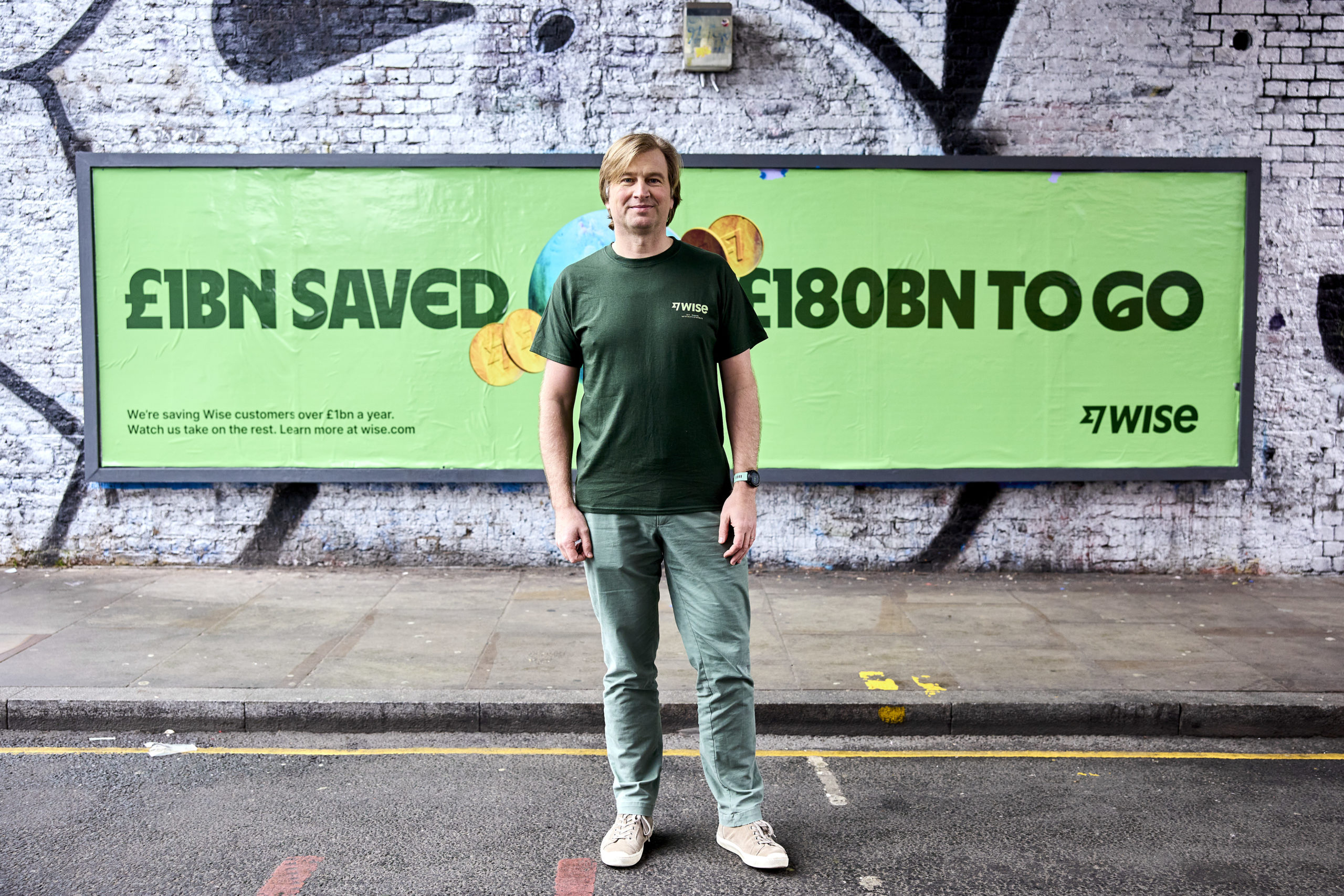
- Wise is unveiling a new look and feel, as well as two new products.
- The company anticipates its “visual makeover” will create a more consistent user experience.
- The two new products include the Wise Business Card and a money transfer link.
It can be tough for a legacy fintech to make noise among the onslaught of new competing digital tools released on a weekly basis. Despite the challenge, cross-border money transfer product Wise is finding a way.
The U.K.-based company has swapped its color scheme from blue to green. But that’s not all that has changed. As Wise described in a press announcement, “The complete visual makeover features a fresh green palette and a bold new font, and draws from global currencies, languages, alphabets and places around the world.”
Interestingly, Wise changed its name from Transferwise two years ago in an effort to broaden its image from a money transfer company to a more holistic global banking services provider. Today’s change could be seen as a next step in that process. Wise explained that the new look and feel will make its customer experience consistent regardless of the customer’s geographical location or language. This new experience reinforces Wise’s mission to “build money without borders.”

Describing the visual change, Wise Co-founder and CEO Kristo Käärmann said, “Our new look is inspired by the millions of people and businesses worldwide that use Wise today. It draws from where they come from, but also represents the excitement of the world open for them to conquer.”
Today’s announcement also highlighted two new products for the global money firm. The first is the Wise Business Card, which is an extension of the company’s Wise Account. The card is currently available to U.S. customers. The second new product– also for U.S. users– enables users to transfer money to recipients via a link. Instead of requiring the sender to know the recipient’s bank details, the recipient can securely enters their bank credentials after clicking on the link.
Despite today’s progress, Käärmann says the company still has a long road ahead. “People and businesses are still being duped by hidden fees, and losing over £180 billion each year to their banks,” he explained. “This is money they could have otherwise used to pay bills, expand their businesses or even save for a rainy day. We don’t accept it and we’re committed to solving this for everyone, everywhere.”
Wise also celebrated a new milestone in today’s announcement. The company has reached 16 million customers since launching in 2011. Wise’s technology enables people and businesses to hold funds in more than 50 currencies, as well as move money between countries and spend money across international borders. The company went public in mid-2021 and now trades on the London Stock Exchange under the ticker WISE with a current market capitalization of $5.94 billion.











